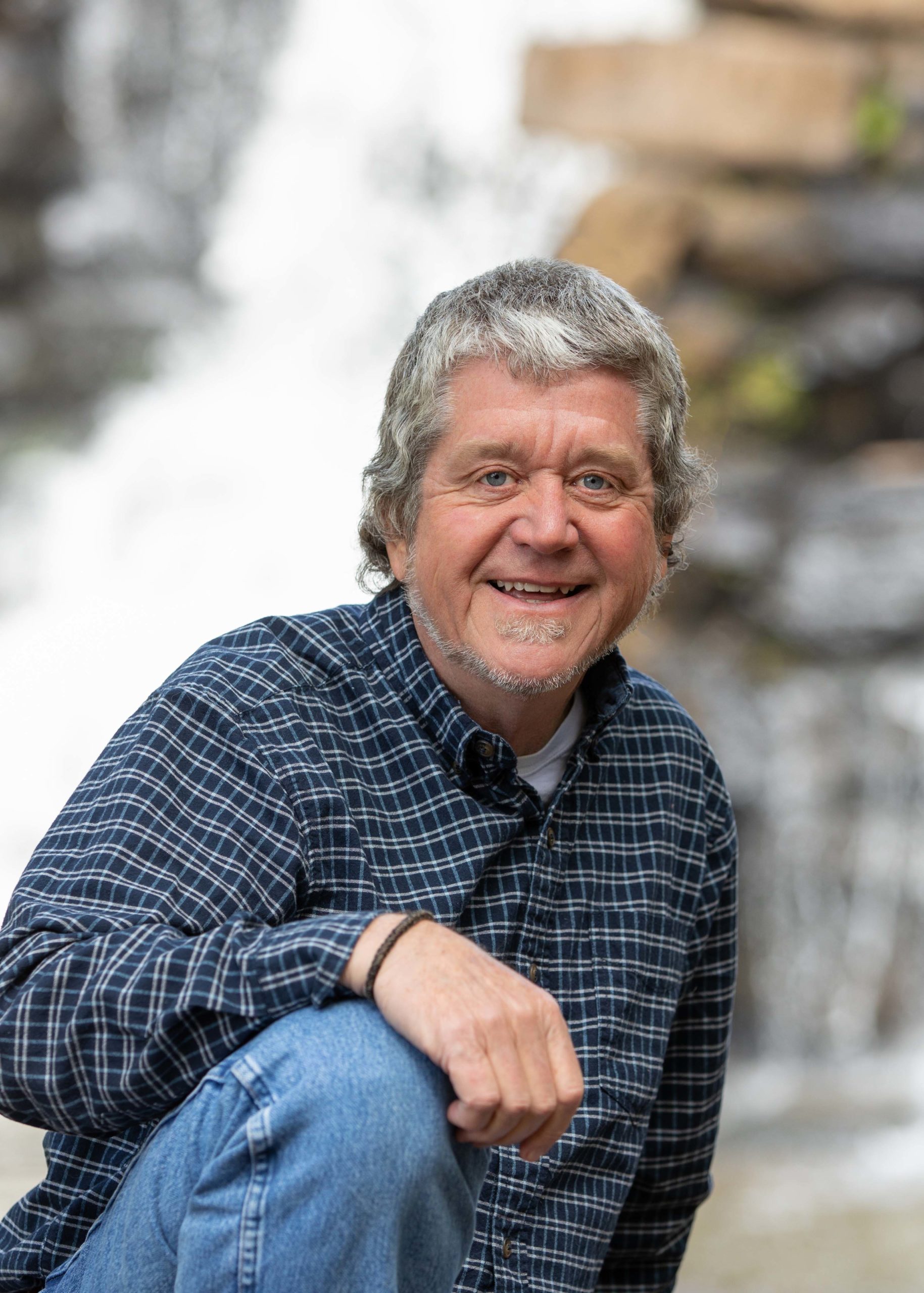 Protecting Alabama’s waterways
Protecting Alabama’s waterways
Few, if any, people know Alabama’s rivers, streams and lakes better than Bill Deutsch. He has spent more than 30 years investigating and protecting the state’s 130,000 miles of waterways as an aquatic biologist in Auburn University’s School of Fisheries, Aquaculture and Aquatic Sciences. For 21 of those years, he served as director of Alabama Water Watch, a community-based water monitoring program Deutsch cofounded in 1992.
Over those years he gathered stories — his own and those of thousands of other Alabamians who, as he said, “know and love their local waterbodies.” When he retired from Auburn in 2013, Deutsch began using those stories to chronicle the human and natural past, present and future of our waterways. That book, Alabama Rivers, A Celebration and Challenge, came out in 2018 to critical acclaim. Since then, Deutsch has kept a busy speaking schedule talking to diverse groups concerned about Alabama’s water resources and to the students in his Auburn University Osher Lifelong Learning Institute course on Alabama rivers.
Here, he answers a few questions about what makes water special — and at risk — in Alabama. — Katie Jackson
What spurred your interest in water?
When I was a child, my father dug me a pond that was about the size of your kitchen table. He literally hand-made me a net and we went to the local ponds and streams to collect crayfish and little fish to stock the pond. About that time, my father also gave me a can of rust remover to clean up my bicycle. One day when I was away, a neighborhood kid came over to our yard and poured the rust remover into the pond, killing everything in it. That was my first up-close and personal ecological disaster — but it was a formative moment. When I retold this story once at a Water Watch meeting, a woman came up to me and said, “I am so glad that kid poured the rust remover into your pond. It’s put you on a 50-year vendetta to clean up the world’s water.”
What are the greatest threats to our water resources?
This question has been recently kicked around by some of my friends and colleagues as we receive calls from reporters. There are answers regarding three areas: water quality, water quantity and flow, and people and society. Water quality is affected by sedimentation, excess nutrients and toxins. Water quantity and flow are affected by storm water runoff and large dams that obstruct fish migrations, change the river substrate and disrupt the life cycles of aquatic organisms. People and society affect our water because of a lack of awareness and concern about how rivers work and the valuable ecological services they provide, outright arrogance and greed and a lack of political will and leadership that could lead to sensible restoration and protection of our rivers.
Do you sense a new awareness of our waterways among the general public?
I’d like to think that there is. If you wind the clock back just 30 years, which isn’t that long ago, there were no organizations like the Alabama Rivers Alliance, Alabama Water Watch and the eight River Keeper groups. When you think about what the last quarter century has done — tens of thousands of people have been contacted and more diverse groups are joining the conversation. More than 10,000 kids were reached just last year through the 4-H Water Watch program. Many more children were taught how to kayak and be safe and comfortable on the water through the River Kids program of the Alabama Cooperative Extension System. I think these groups are gaining more credibility in their communities, and I am encouraged, but we’ve got a long way to go.
What are the most important things citizens can do to help protect our water resources?
My book addresses “Seven Challenges” that citizens and policy-makers alike can use to protect our water: 1) keep learning about rivers, 2) expand river education programs, 3) make water conservation a way of life, 4) support river organizations, 5) promote good water policy, 6) develop a personal river ethic and 7) get out on the water to experience and enjoy Alabama’s wonderful rivers!
Is there one fact about water that people should know, or a fact that can connect us all to water in a more personal way?
Alabama is a river state! The book addresses “Seven Celebrations” that summarize much of what is special about our rivers. Alabama rivers are: full of life, with more types of fish, turtles, mussels, snails and crawfish than any other state; ancient and physically diverse; beautiful, mysterious and spiritually enriching; an intimate part of Alabama’s history and culture; key to the state’s economy, past, present and future; precious and the source of vital ecological services such as breaking down pollution and mitigating flooding and drought; and lastly, vulnerable and need our care!
I know you’re in great demand for speaking engagements. Where can people hear you or how can they contact you?
The book’s website, alabamariversbook.org, has information on upcoming talks and a link to schedule future talks. You can also schedule me through the Alabama Bicentennial Commission’s Read Alabama program at alabama200.org/discover/read-alabama-200.




